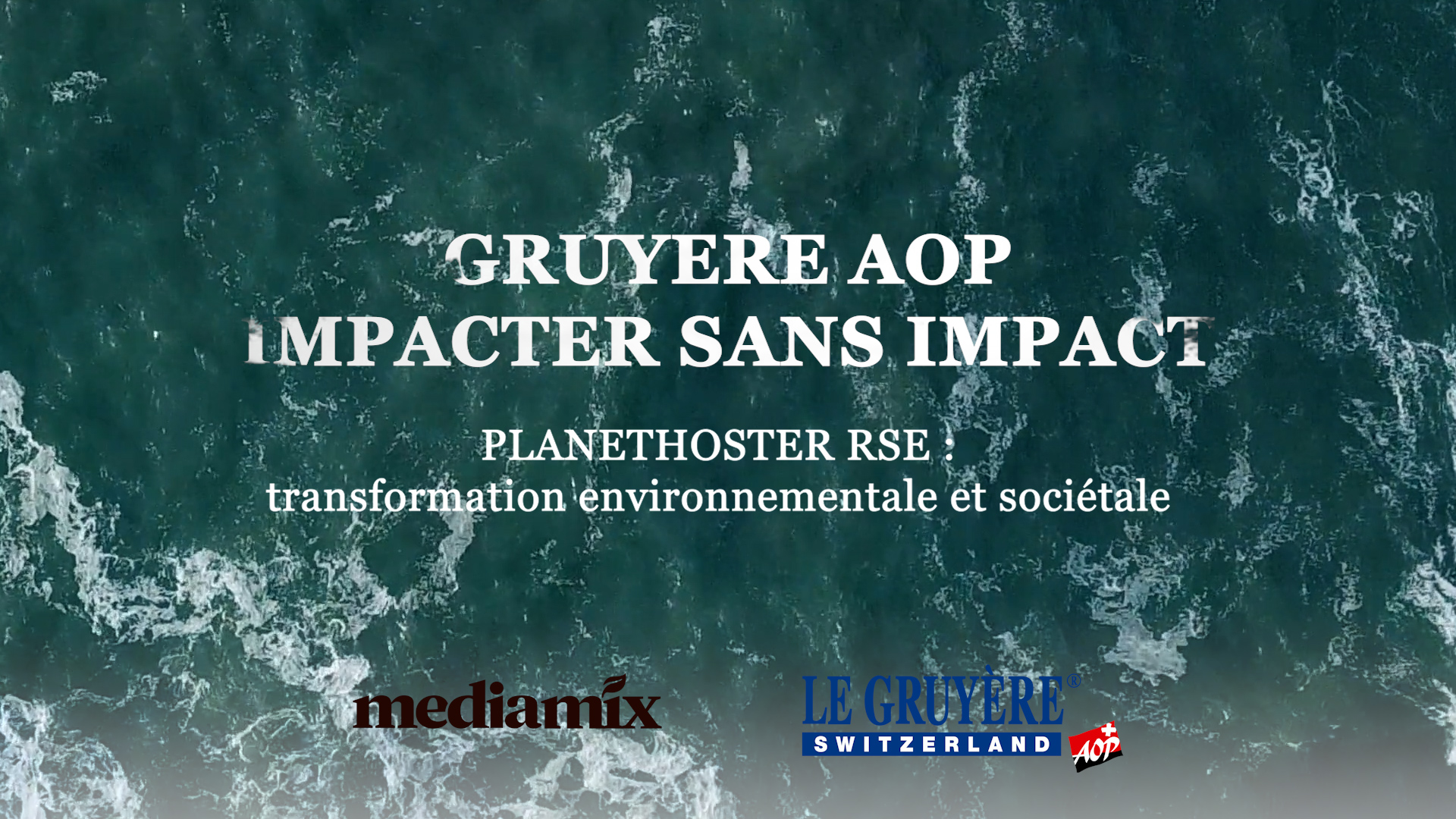Actions speak louder than words, it’s time to take immediate steps to save our planet!
Here at Mediamix there is no greenwashing, preserving our planet is genuinely at the heart of our concerns. That's why we've created a roadmap and trained our teams to reduce the carbon impact of media communications.
Climate change conventions (COP) continually underline the urgency of accelerating the fight against climate change. Companies are regularly called upon by governments and encouraged by regulations to reduce their greenhouse gas emissions and control their impact on the environment.
According to the Shift Project2, in 2021 digital technology accounted for 4% of global greenhouse gas emissions. This figure could double to 8% by 2025, exceeding the share of emissions currently generated by cars. The Shift Project argues that it is possible to limit this growth to 1.5% per year by adopting more responsible digital practices.
The integration of low-carbon media campaigns offers companies and brands a clear CSR opportunity to position themselves in a responsible, forward-looking way. Sustainable advertising is not only environmentally friendly, it must also be designed to be effective and maintain the performance of media campaigns over the long term. Sustainability should be seen as an opportunity to seek efficiency in future media planning.

In collaboration with several technologies that measure the CO2 footprint of each of your campaigns, we have developed processes that significantly reduce your carbon impact, while ensuring the control and realization of your media and sales performance.
We calculate the carbon emissions associated with your media plan, based on your media mix. Using a range of data sources including electricity emission factors, device power, server location and energy intensity, we are able to assess the carbon footprint of your media plan as a whole.
Eco-design your future digital campaigns
There are a variety of parameters that influence the impact of digital advertising and its environmental consequences :

Creative elements

The location of servers

The type of network

The allocation of advertising space

Server energy consumption

The duration of user exposure

Sending information after content delivery

Manage the hosting
Measuring impact, and optimizing its reduction
Carbon impact is measured mainly by three energy consumption indicators:

Mediamix has selected the best technology partners specializing in media carbon footprint reduction analysis for :

Measure the energy consumption of your digital activations on an international scale. In addition to your usual KPIs, we work with you to define targeted environmental metrics or indicators, such as :
- kWh/ per 1'000 CHF/$/€/£ invested
- kWh/ number of impressions
- kWh/ number of views at 100% of a video
- kWh/ defined lead, etc.
Learn more

Analyze and reduce CO2 emissions during your campaigns thanks to our trained and experienced media traders.
We optimize a wide variety of parameters, including: eliminating low-quality and non-visible inventory, preferring more efficient formats, using WIFI-connected terminals, choosing less energy-intensive hours and days, and optimizing the most direct paths to inventory (reducing duplicate bids, eliminating data-waste websites, etc.).
Learn more

Recommend sustainable practices for reducing environmental impacts (up to -30%, -40% or more) over time.
Create guidelines by media, strategy and visual. We e-design new campaigns in synergy with your creative agencies to improve each project. Our aim is to define even more virtuous long-term practices for your future campaigns.
Learn more

• Compensate by investing the equivalent residual carbon emissions in collective or eco-responsible projects. Depending on your aspirations, there are many organizations offering carbon offset options. These projects help to reduce greenhouse gases and bring multiple benefits to communities while promoting biodiversity.
Learn more
Success Eco Stories
Découvrez quelques business cases de nos clients et comment nous sommes parvenus à diminuer leur empreinte carbone.













